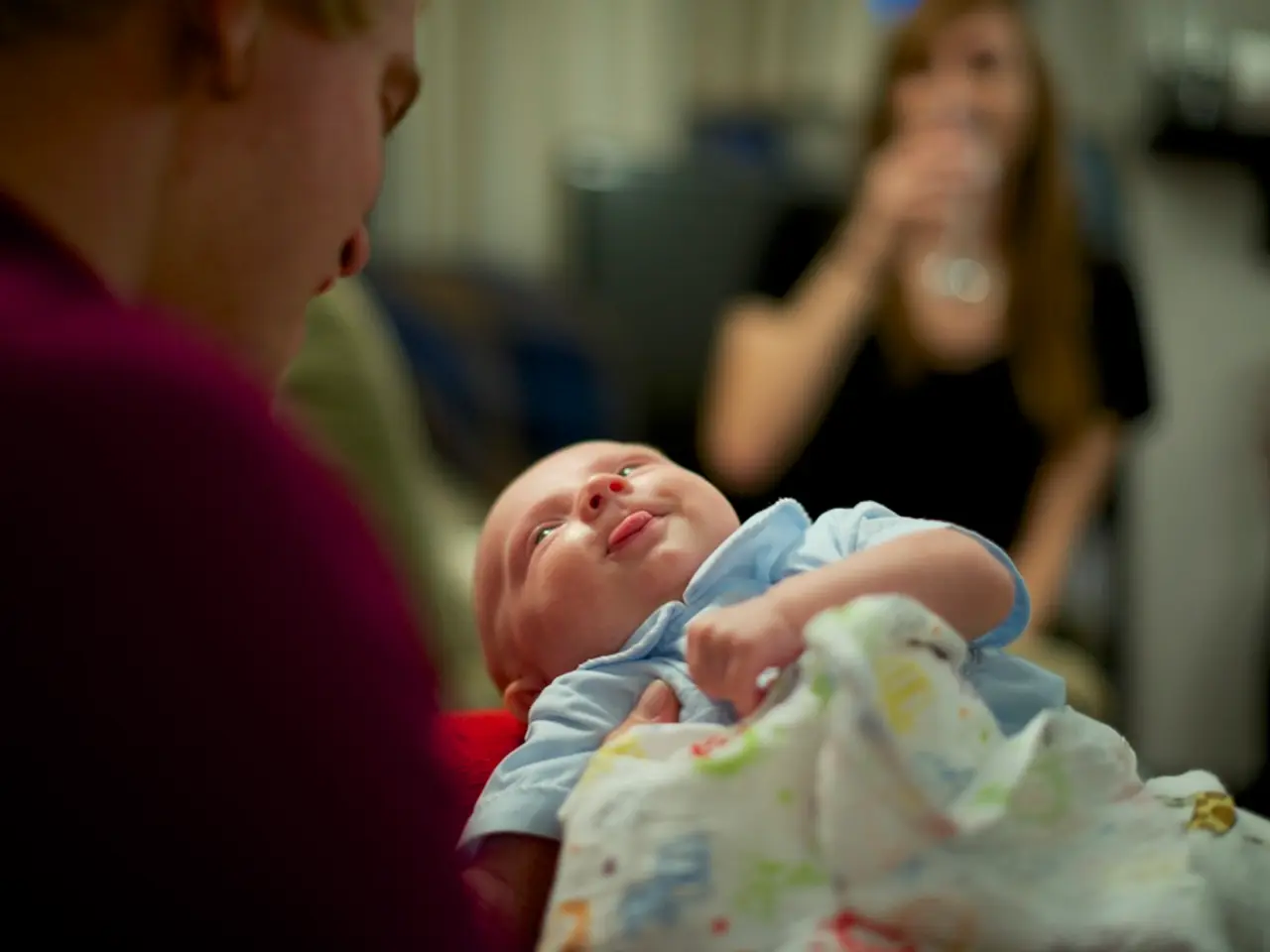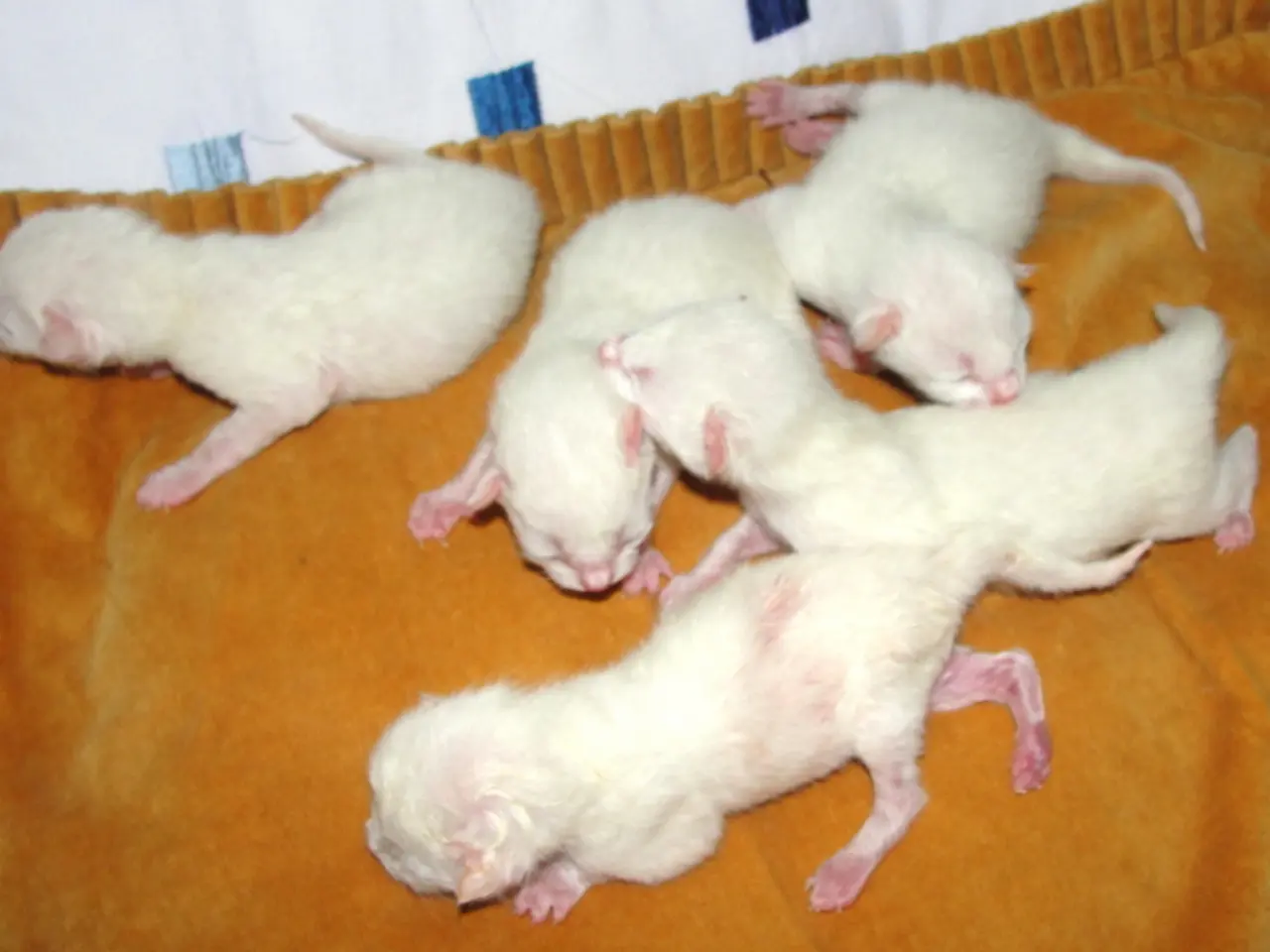World-first in vitro fertilization (IVF) trial successfully produces 8 babies, each with DNA from three individuals, aimed at reducing the risk of inherited diseases.
A revolutionary In-Vitro Fertilisation (IVF) technique, known as mitochondrial donation or pronuclear transfer, has significantly reduced the risk of children inheriting mitochondrial genetic diseases in the U.K. This pioneering procedure involves replacing the mutated mitochondrial DNA (mtDNA) in the mother’s egg with healthy mitochondrial DNA from a donor egg, combined with the mother's nuclear DNA and the father’s sperm.
The U.K. was the first country to approve this technique in 2015, and since then, eight healthy babies (four boys and four girls, including a set of identical twins) have been born using this approach. In six babies, the amount of mutated mtDNA was reduced by between 95% and 100%, effectively minimising the risk of disease. All eight babies displayed no signs of mitochondrial DNA disease, and the mothers' disease-causing mutations were either undetectable or too low to cause illness.
Mitochondrial diseases, affecting roughly one in 5,000 births, cause severe symptoms like impaired vision, diabetes, and muscle wasting, and currently have no cure. The successful implementation of this technique offers hope to women at high risk of passing on serious mitochondrial diseases, allowing them to have genetically related children without those debilitating conditions.
All children were healthy at birth and met their developmental milestones. Some transient short-term symptoms were reported in three babies, but these resolved and were not associated with mitochondrial disease. The oldest child is currently about five years old, and all are developing normally.
Experts emphasise the need for longer-term follow-up to monitor the health outcomes of these children as they grow. Improvements in the efficiency of the method could increase pregnancy rates. The approach, alongside other reproductive options like preimplantation genetic testing, augments choices for families affected by mitochondrial diseases.
The U.K. Human Fertilisation and Embryology Authority (HFEA) continues to carefully regulate this treatment, ensuring it is applied safely and appropriately only to those with high risk of severe disease transmission.
The results of the U.K. trial were published in several papers in the New England Journal of Medicine. Although the technique remains controversial and has not been approved in many countries, including the United States and France, the success of this trial in the U.K. paves the way for safer reproductive options for families burdened by mitochondrial genetic disorders, albeit with ongoing monitoring and research to fully assess long-term outcomes.
References: [1] New England Journal of Medicine (2021) [2] The Lancet (2021) [3] The Guardian (2021) [4] BBC News (2021)
- The success of the U.K.'s pioneering mitochondrial donation technique, as demonstrated by the health and development of eight babies, offers significant news in the health-and-wellness domain and has potential implications for law, namely for families burdened by mitochondrial genetic disorders.
- In light of the long-term monitoring needed for the children born through mitochondrial donation and the ongoing research to assess its full impact, it is crucial for science to continue exploring improvements in the technique to enhance its safety and efficiency, thereby contributing to the broader field of health and law.




